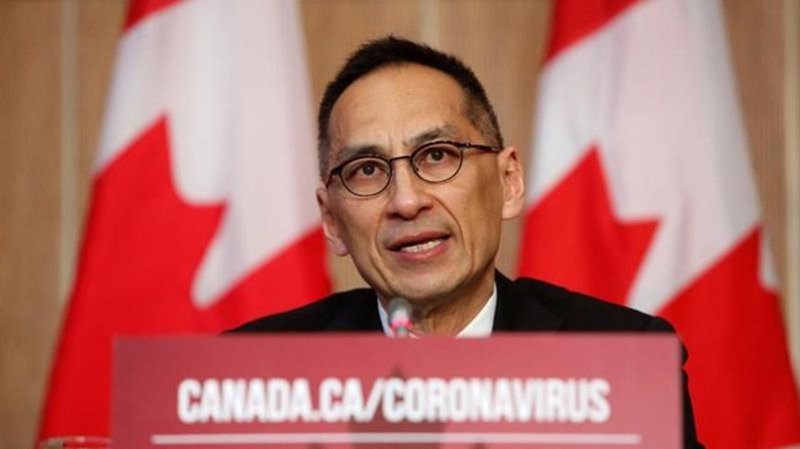
Vaccine distribution ramping up as 11 per cent of Canadians get first shots: Ottawa
The federal government says COVID-19 vaccine distribution will steadily increase in the coming weeks as Canada hit an important milestone in giving out shots.
Deputy chief public health officer, Dr. Howard Njoo, said during a news conference Thursday that the country has surpassed the 10 per cent mark of residents over 18 who have received at least one shot.
“To date, over 4.3 million doses of COVID-19 vaccines have been administered in Canada,” he told reporters in Ottawa. “This marks an important milestone, with more than 11 per cent of eligible adult Canadians … having received at least one dose.”
Njoo said that includes 60 per cent of people older than 80 and 19 per cent between 70 and 79. More than 60 per cent of adults in the three territories have received their first shot, he said.
